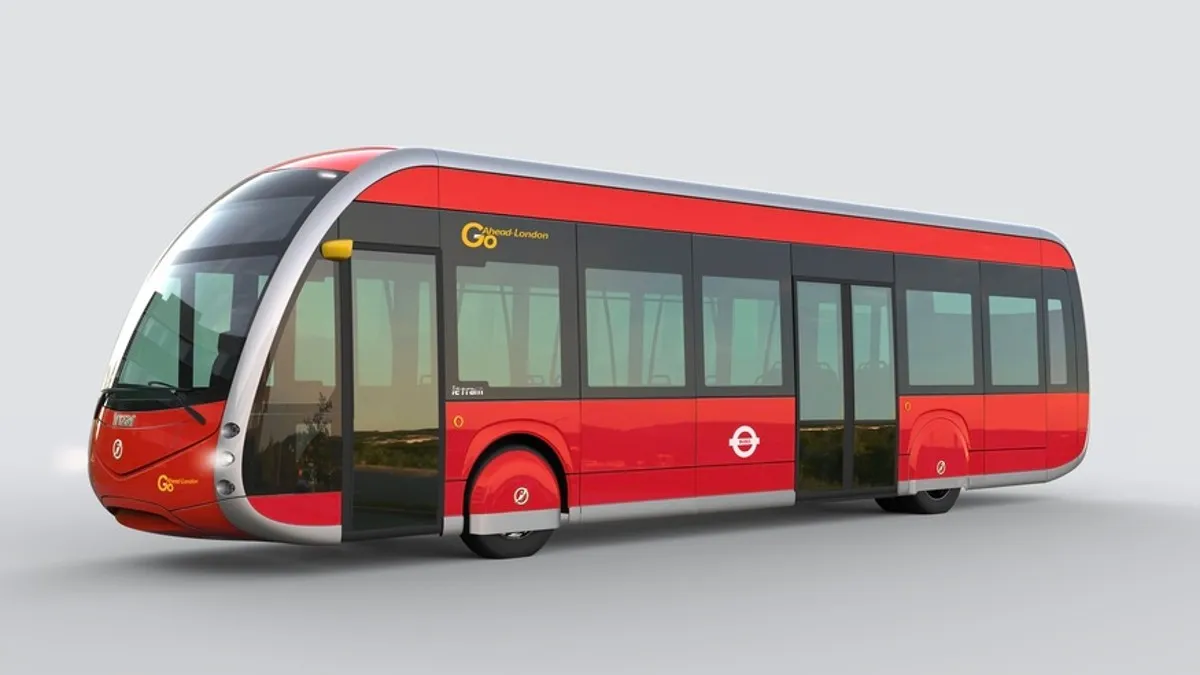
TfL (Transport for London) has unveiled its most r...
news-extra-space

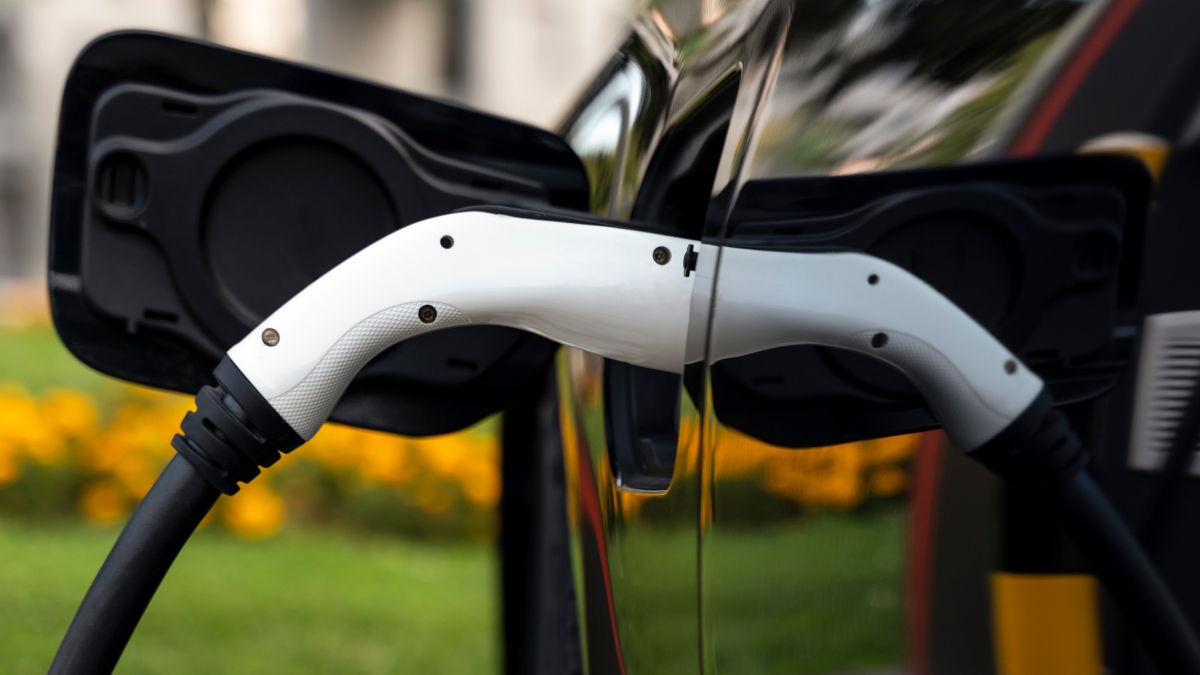 Image credit: canva[/caption]
The cost of charging can be calculated by multiplying the amount of kilowatt-hours (kWh) in your car's battery by the price per kWh you pay to charge. Before you begin charging at a public charging station, the price should be displayed.
Let's dive in and do some math to have a better idea of how much you'll charge.
Image credit: canva[/caption]
The cost of charging can be calculated by multiplying the amount of kilowatt-hours (kWh) in your car's battery by the price per kWh you pay to charge. Before you begin charging at a public charging station, the price should be displayed.
Let's dive in and do some math to have a better idea of how much you'll charge.
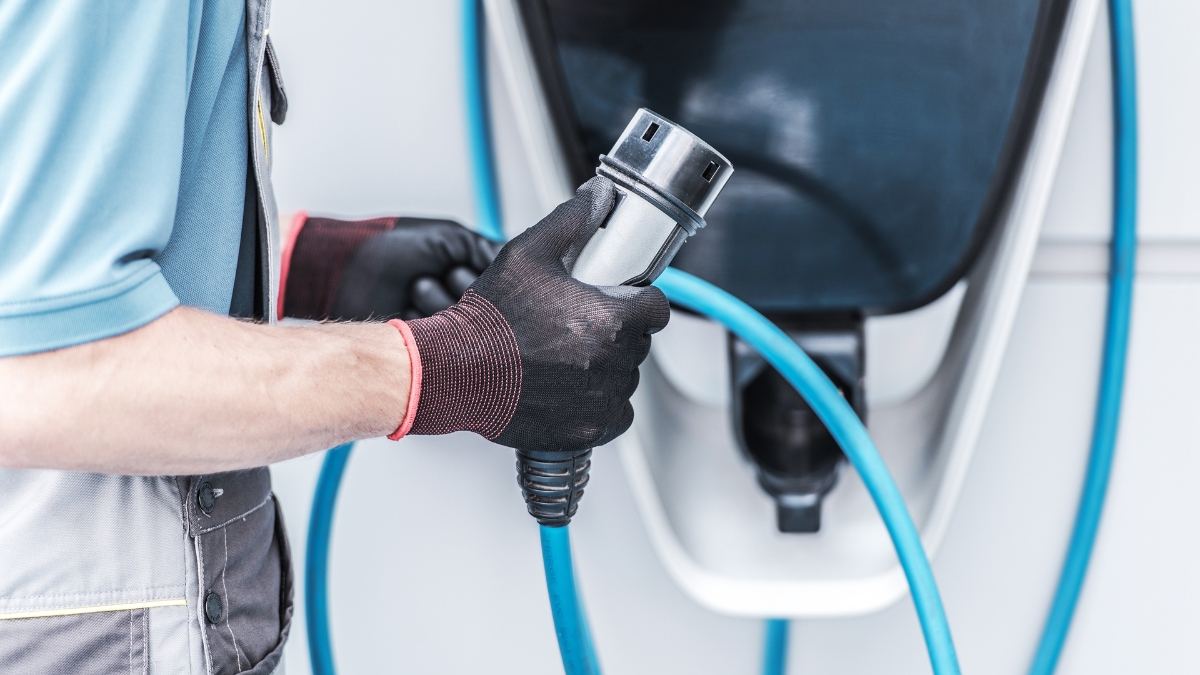 Image credit: canva[/caption]
The varying electricity costs make it challenging to calculate the cost of charging at home. The U.S. Energy Information Administration estimates that in 2021, the average retail price per kWh in the country was 10.59 cents. Depending on what state you're in, that average fluctuates wildly. In Louisiana, the cost per kWh is 7.51 cents. Hawaii, which charges 27.55 cents per kWh, is at the other extreme of the range. The complexity of greater prices at various times of the day or year won't be added.
The size of your car's battery must also be taken into account. The average size of an electric car battery is 65.6 kWh, according to the Electric Vehicle Database. Accordingly, the average cost of charging an electric car completely at home in the United States is $6.94. The most expensive option would be to get a Lucid Air Dream Edition with a massive 118kWh battery and charge it in Hawaii, which would cost you $32.51.
These numbers generally account for charging your automobile from 0% to 100%; hence, you typically only spend a few bucks at a time charging, say, from 60% to 80%.
Cost of using a charging station to refuel an electric vehicle
The process of charging your car at a public charging station is entirely different. Fast-charging technology has cost public charging firms a lot of money to develop, in addition to the price of setting up stations and paying staff. The outcome? Chargers cost significantly more, unfortunately.
[caption id="attachment_64297" align="aligncenter" width="1200"]
Image credit: canva[/caption]
The varying electricity costs make it challenging to calculate the cost of charging at home. The U.S. Energy Information Administration estimates that in 2021, the average retail price per kWh in the country was 10.59 cents. Depending on what state you're in, that average fluctuates wildly. In Louisiana, the cost per kWh is 7.51 cents. Hawaii, which charges 27.55 cents per kWh, is at the other extreme of the range. The complexity of greater prices at various times of the day or year won't be added.
The size of your car's battery must also be taken into account. The average size of an electric car battery is 65.6 kWh, according to the Electric Vehicle Database. Accordingly, the average cost of charging an electric car completely at home in the United States is $6.94. The most expensive option would be to get a Lucid Air Dream Edition with a massive 118kWh battery and charge it in Hawaii, which would cost you $32.51.
These numbers generally account for charging your automobile from 0% to 100%; hence, you typically only spend a few bucks at a time charging, say, from 60% to 80%.
Cost of using a charging station to refuel an electric vehicle
The process of charging your car at a public charging station is entirely different. Fast-charging technology has cost public charging firms a lot of money to develop, in addition to the price of setting up stations and paying staff. The outcome? Chargers cost significantly more, unfortunately.
[caption id="attachment_64297" align="aligncenter" width="1200"] Image credit: canva[/caption]
Charge rates for charging stations might vary. Since 'Level 1' chargers can take up to 24 hours to fully charge an automobile, they are most helpful in the evening. Less than 30 miles of charge are typically delivered per hour using Level 2 chargers. DC fast chargers, also known as level 3 chargers, may frequently fully charge an automobile in less than one hour.
It might be quite difficult to focus on price due to the large range of costs. One of the more well-known charging networks in the US is Electrify America (EA), which charges $0.03 per minute for Level 2 charging. However, the majority of Electrify America's chargers are fast chargers that always charge on a per-kWh basis. Electrify America charged $0.31 for Pass+ members in California at the time of this writing compared to $0.43 for guests and Electrify America Pass holders. Therefore, the average cost for a full charge for a guest is $28.21, or $20.33 for Pass+ members. You must account for the $4 monthly Pass+ price.
Image credit: canva[/caption]
Charge rates for charging stations might vary. Since 'Level 1' chargers can take up to 24 hours to fully charge an automobile, they are most helpful in the evening. Less than 30 miles of charge are typically delivered per hour using Level 2 chargers. DC fast chargers, also known as level 3 chargers, may frequently fully charge an automobile in less than one hour.
It might be quite difficult to focus on price due to the large range of costs. One of the more well-known charging networks in the US is Electrify America (EA), which charges $0.03 per minute for Level 2 charging. However, the majority of Electrify America's chargers are fast chargers that always charge on a per-kWh basis. Electrify America charged $0.31 for Pass+ members in California at the time of this writing compared to $0.43 for guests and Electrify America Pass holders. Therefore, the average cost for a full charge for a guest is $28.21, or $20.33 for Pass+ members. You must account for the $4 monthly Pass+ price.
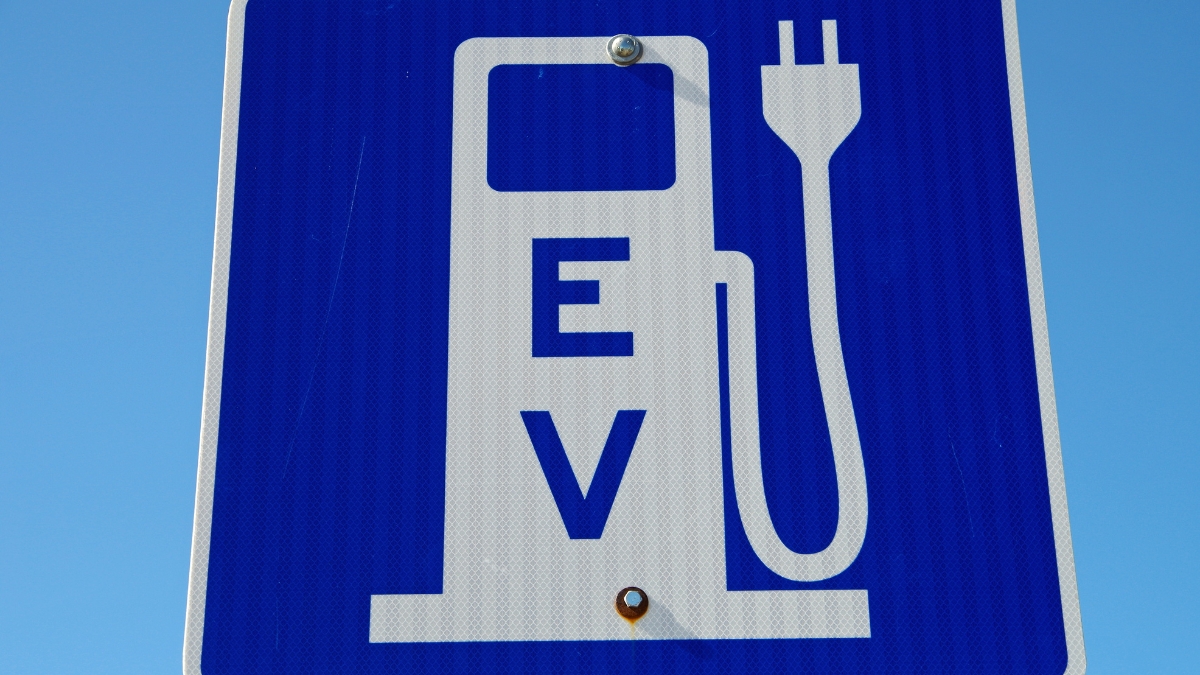 Image credit: canva[/caption]
Additionally, there are many public parking spaces that offer free Level 2 charging stations. For instance, there might be many Volta charging stations at your neighborhood mall that allow you to charge for nothing while you shop. These can also be found occasionally at grocery stores.
The maker of your automobile might also be providing free charging for a while. For instance, Tesla provided Model S and Model X buyers who purchased their vehicles between 2012 and 2016 with free charging. Sadly, it no longer provides that. However, other automakers, like Audi, BMW, Ford, and others, frequently provide at least a year's worth of cost-free charging at Electrify America or EVGo stations.
The last remaining "free" method of charging an electric vehicle is by not using grid power. You might be able to avoid buying electricity from your local provider with solar panels and home batteries. Of course, you still have to pay for the solar panels and batteries, so it's not really free. However, if you already have them set up or had already intended to use them, charging your car with them won't cost you any more money, provided your system can manage the added stress.
Image credit: canva[/caption]
Additionally, there are many public parking spaces that offer free Level 2 charging stations. For instance, there might be many Volta charging stations at your neighborhood mall that allow you to charge for nothing while you shop. These can also be found occasionally at grocery stores.
The maker of your automobile might also be providing free charging for a while. For instance, Tesla provided Model S and Model X buyers who purchased their vehicles between 2012 and 2016 with free charging. Sadly, it no longer provides that. However, other automakers, like Audi, BMW, Ford, and others, frequently provide at least a year's worth of cost-free charging at Electrify America or EVGo stations.
The last remaining "free" method of charging an electric vehicle is by not using grid power. You might be able to avoid buying electricity from your local provider with solar panels and home batteries. Of course, you still have to pay for the solar panels and batteries, so it's not really free. However, if you already have them set up or had already intended to use them, charging your car with them won't cost you any more money, provided your system can manage the added stress.
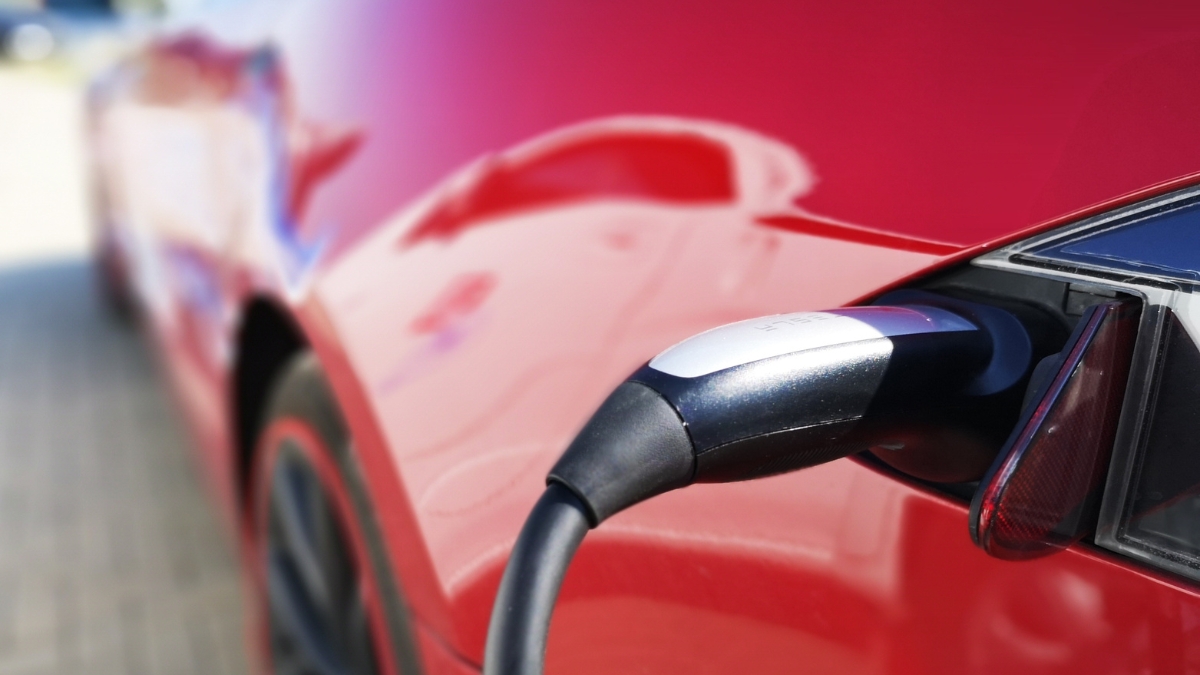 Image credit: canva[/caption]
On November 7, the day this article was written, the average price of gas for normal unleaded gasoline was $3.804 per gallon, according to AAA. We couldn't locate any reliable information on the real average gas tank size, so let's take 15 as an acceptable average since most cars have a tank between 10 and 20 gallons. That would result in a $57.06 expense to fully fuel your vehicle.
In other words, if you charged your car at home, it would typically cost $50.12 less to do so for an electric vehicle. It would still cost $28.85 less to fill up a typical tank of gas than it would to charge at an Electrify America charging station as a guest. That is around half the cost.
Image credit: canva[/caption]
On November 7, the day this article was written, the average price of gas for normal unleaded gasoline was $3.804 per gallon, according to AAA. We couldn't locate any reliable information on the real average gas tank size, so let's take 15 as an acceptable average since most cars have a tank between 10 and 20 gallons. That would result in a $57.06 expense to fully fuel your vehicle.
In other words, if you charged your car at home, it would typically cost $50.12 less to do so for an electric vehicle. It would still cost $28.85 less to fill up a typical tank of gas than it would to charge at an Electrify America charging station as a guest. That is around half the cost.
Leave a Reply






